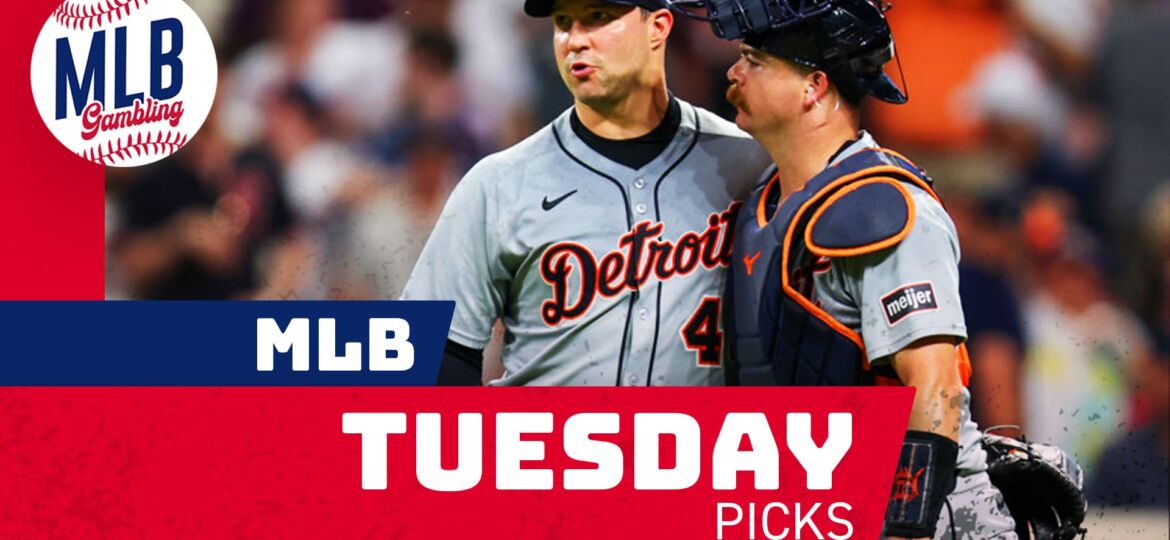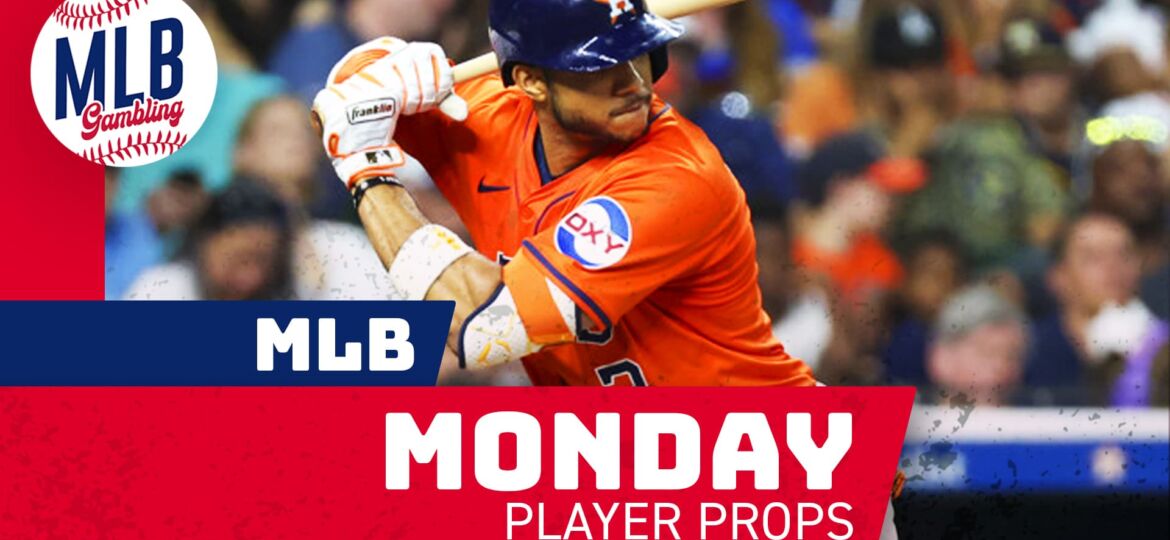Upon first diving into the realm of NBA DFS, there is a galaxy of randomly assorted contests to choose from on a per-slate rotation (also confusing and intimidating to the untrained eye). As discussed in my previous article (Tournament Selection Strategy), the major divide between this massive selection settles out between what are known as Cash Games and Guaranteed Prize Pools (GPPs). There are a variety of differences within the constant elements of these two contest types ranging from payout structures, lineup construction strategies, along with a number of others. I’d like to address the avenue of Cash Games in order to provide reasoning as to why you’d play these, which contests constitute Cash Games, along with the dynamics of roster construction and where risks may reside in your player pools.
Use promo code SGP to sign up for DraftKings’ $64,000 March Madness Bracket Challenge
Why Play Cash Games?
Beyond the blissfully blinded mindset reaching astronomically to believe their one $15 GPP lineup will bink it all to shock the world, reality does eventually set in for the other 95% of us to where you reach a fork in the road with determining how exactly you’d like to approach the universally shared mission of profitability. Much like all aspects of life, there are those of us who steer more toward the beaten path of the thrill-seeking in hopes that their compounded efforts over time will stay afloat and profitable enough to wait out the eventual “big one”.
On the other hand, there are those who prefer to invest in mutual funds and do things the old fashioned way: realistically chiseling away and stacking the chips closer to the vest in order to afford higher stakes in a more stable environment, safely and methodically risking bankroll to achieve a more gradual pay dirt in the long run. This is the tried and true method of playing Cash Games. Simply put, if you’re not as into risking with a lesser chance of payout in lieu of trying to achieve a [hopefully] greater payout, then Cash Games are absolutely the route you should be taking. By sheer probability, Cash Games offer more than twice the chance of paying you out and require a significantly less amount of stressful roster construction to become regularly profitable.
What Are Cash Games?
Cash Games are by definition any contest which the percentage of entrants paid out is [roughly] 50% or higher. This would namely include Head-To-Heads, 50/50s, and Double-Ups. Head-To-Heads are rather self-explanatory in nature, as it only comes down to the best of two of you. 50/50s and Double-Ups require you to be among the higher scoring half of entrants participating. While the roster construction strategy typically stays about the same throughout these channels of Cash Games, there is a greater risk of volatility in 50/50s and Double-Ups due to the larger number of opponents whom you need to outscore. This, in turn, means roster construction may tend to require some additional pivot in order to gain a necessary edge to reach above the required fantasy point total.
Also something to be aware of are the slight differences in payout structure and juice among these Cash Game variants. When playing in Head-To-Heads, the house gets their 10% off the top of the victor’s earnings. The same payout stipulation also applies to the better half of participants in a 50/50 contest. However, in Double-Ups the payouts to those who cash are divvied out exactly at double (hence the name) while the juice to the house is absorbed by the slightly-higher-than-50% of contest entrants involved. This means that while these technically don’t pay out the top half of players involved (ie: top 10 out of 22), they hover just close enough to be considered a Cash Game.
Use promo code SGP to sign up for DraftKings’ $64,000 March Madness Bracket Challenge
Roster Construction And Risks
The dynamics of roster construction and risks involved when playing Cash Games are far more straight-forward and less necessarily volatile when sticking to the fundamentals in successfully building lineups. As fun as it may be to do at times, it’s far less of a prerequisite to get cute with your player pools and is in fact discouraged to some degree, as doing so requires you to gamble against the cornerstones you’d typically lean on in a Cash Game Format.
The anchors in foundational lineup construction for Cash Games are focused much more toward the primary qualities you’d seek when pinpointing core value in players, rather than being inclined to lynchpin your lineups with pivots or punts in hopes to achieve lesser-owned roster prominence. In some semblance of order (importance up to the individual), this holy grail arguably consists of plenty of the recurring themes discussed in our feature daily roster construction Cores and Pivots: Minutes, Opportunity (starting roles), Pace, and Usage (and a sub-tier of this could be looked at as Coaching, where and how Usage may be distributed). Typically the success story in Cash Games will incorporate a sizable focus on these elements in an attempt to stably stride toward the Green lights.
Of course, everyone has to try to be different to some extent with their lineups regardless of playing Cash Games or GPPs. And in both, this is much of the marginal embodiment of risk involved with trying to be successful in your approaches. The oft extreme differential in the two comes down to how different you’re realistically required to be in these attempts. Risk via opportunity cost in Cash Games will likely be much more implied between your core players and how you distribute your stability throughout the players on your roster. To begin gambling on bench players and egregious game flow is highly ill-advised in a Cash Game format, simply because you’re then stripping a sizable volume of focus away from at least two of the earlier mentioned core values. When playing any contest in the Cash Game format, maintain safety first with your rosters, because the fact is you’re playing on the more stable side of things for a reason.






















